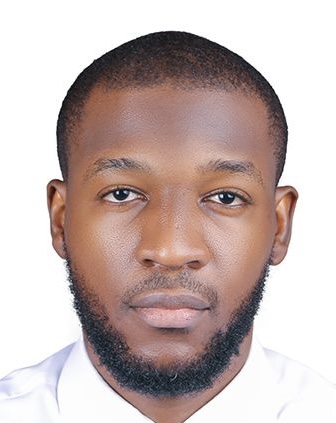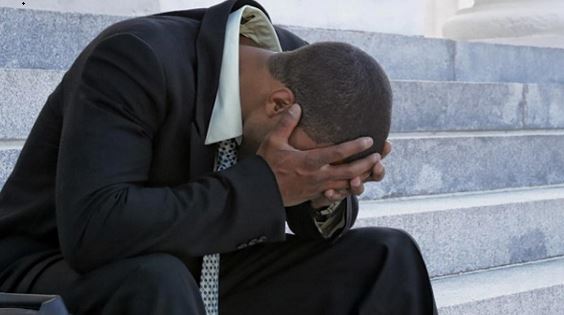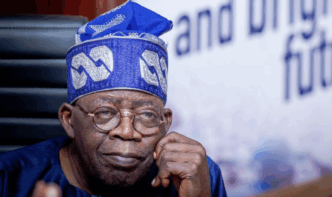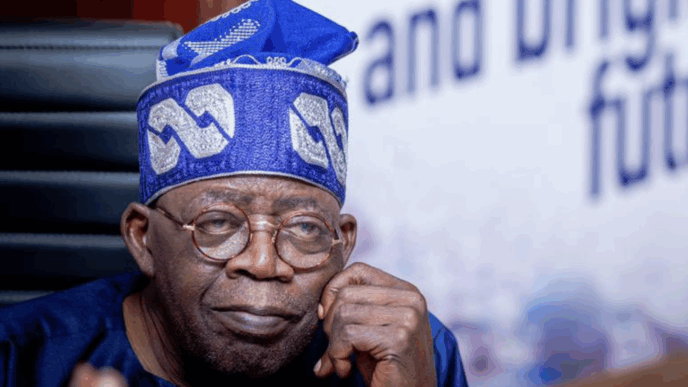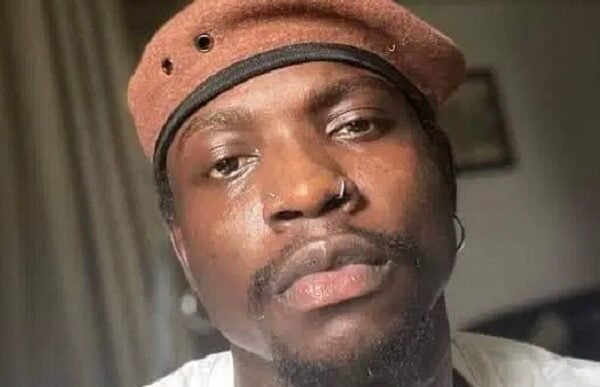As for Dr. Reina Moo, she refused to mince words when she said, “Depression is a heavy burden; it causes cancer of the soul.” In her book The Bean Trees, it is striking that Barbara Kingsolver first dismisses the jargon that the unaware use when they try to downplay the egregiousness of the disease by calling it sadness or laziness. She wrote, “There is no point in treating a depressed person as though they were just feeling sad. Saying, ‘There now, hang on, you’ll get over it. Sadness is more or less like a head cold— with patience, it passes. Depression is like cancer.’” Her definition arguably hits the target more than all who have tried to shoot for its description. Any kind of mental disorder is a heavy burden, but it seems that depression is the most common. Maester Pycelle of the Song of Ice and Fire series was not the most moral of men, but he was learned. Randomly musing about the kings he had served, and as if talking to himself, his words about the king they referred to as the “Mad King” were frightening for any sufferer of any kind of derangement. He said, “Of all the maladies that the gods choose to visit upon us, madness is the worst.” The euphemisms for madness that humanity has coined—depression, bipolar disorder, ADHD, among others—aim to separate the varying conditions or reduce the debilitating effects of one over the other. Yet a severely depressed individual, at their height, is indeed a mad person. That is why it is not an ailment to be taken lightly. Even google simply defines madness as being mentally ill. Civilization prefers to label it with medical terms to evade the stigma of the disease, but it is what it is. The medical profession, in all its savior-complex glory, has never been able to deal with depression. I suspect that when Voltaire said, “Doctors are men who prescribe medications of which they know little to cure diseases of which they know less in men of which they know nothing,” he was driven by deep introspection about the fallibility of the medical profession in solving problems like depression.
This is not an indictment of the noble profession for their inability to solve the problem. Rather, it is a sober acknowledgment of the profound enigma that depression represents—a malady that defies the neat categorizations and linear solutions often prized in modern medicine. Depression is not merely a biochemical imbalance to be corrected with a pill, nor a fleeting emotional storm to be weathered with platitudes. It is a labyrinthine interplay of genetics, environment, trauma, and existential despair, weaving through the very fabric of one’s being. To expect physicians, armed with their stethoscopes and prescriptions, to unravel it entirely is to misunderstand both the limits of science and the depths of the human condition.
This is not to say that medicine has failed utterly. Far from it. Antidepressants like SSRIs have lifted countless souls from the abyss, offering a chemical lifeline when the mind’s own resources falter. Cognitive-behavioral therapy, with its structured tools for reframing thoughts, has empowered many to reclaim agency over their inner narratives. Yet these interventions often feel like bandages on a wound that runs soul-deep. In fact, this writer would say that those powerful antidepressants simply turn a sufferer into some kind of zombie. Relapse rates hover around 50% for those who discontinue medication, and therapy’s efficacy can wane in the face of systemic barriers like poverty or isolation. The medical model, with its emphasis on symptoms and diagnoses, sometimes overlooks the holistic truth: depression thrives in the shadows of unmet needs, unprocessed grief, and a society that valorizes productivity over presence.
Consider the stories that illuminate this gap. In her memoir Darkness Visible, William Styron recounts his descent into suicidal despair, a journey that no doctor could fully map or mend. Styron’s experience underscores how depression can elude even the most empathetic practitioners, manifesting as a “brainstorm” that drowns out reason. Similarly, contemporary voices like Andrew Solomon in The Noonday Demon argue that while science provides partial relief, true healing often demands a broader arsenal: community, art, spirituality, and radical self-compassion. These narratives remind us that depression is not just a personal affliction but a cultural one, exacerbated by the relentless pace of modern life, social media’s curated illusions, and the stigma that still whispers, “just snap out of it.”
Advertisement
So, where does this leave us? Perhaps in a space of humble collaboration. The medical profession can evolve by integrating interdisciplinary approaches—mindfulness practices from Eastern philosophies, exercise regimens backed by neuroscientific evidence, or peer support networks that foster connection. Emerging fields like psychedelic-assisted therapy, with compounds like psilocybin showing promise in clinical trials, hint at new horizons. But ultimately, addressing depression requires a societal shift: policies that prioritize mental health funding, workplaces that honor vulnerability, and conversations that normalize the demon that is depression.
Interestingly, depression has long shown a peculiar affinity for the minds of the exceptionally intelligent, as if drawn to the complexity and depth that high intellect often entails. Studies indicate that individuals with elevated IQs may face a heightened risk of mood disorders, including depression—perhaps the price they pay for being geniuses. This correlation echoes in historical and contemporary figures whose brilliance illuminated the world even as they grappled with inner turmoil: Abraham Lincoln, whose melancholic disposition fueled his profound empathy and leadership; Virginia Woolf, whose literary genius was intertwined with recurrent depressive episodes; and Ludwig van Beethoven, whose symphonies arose amid bouts of despair. Modern research suggests genetic overlaps between intelligence and vulnerabilities to depression, implying that the same neural wiring that enables extraordinary insight and creativity may also amplify existential angst and emotional intensity. Far from a curse, this pattern underscores depression not as a flaw but as a shadow cast by the brightest lights in society. Yet we must be careful not to romanticize the disease; it is vital to point out that individuals with low IQs also suffer the ailment.
For these luminous souls, the true measure of their intellect lies not in evading depression’s grasp—for to fully “cure” it would be akin to halting the heart’s rhythm and rebooting it like a faulty device, disrupting the very essence of what makes them human—but in perpetually navigating its treacherous terrain. This ongoing dance demands ingenuity: devising personal rituals of resilience, harnessing intellectual curiosity to dissect and reframe despair, or channeling it into groundbreaking work that benefits humanity. Think of how Charles Darwin’s depressive periods, amid his revolutionary theories, forced him to innovate ways to sustain his pursuits, or how modern thinkers in tech and academia turn analytical prowess toward mindfulness apps and therapeutic tools. In this eternal vigilance, the intelligent prove their mettle, transforming depression from a debilitating foe into a reluctant muse—one that, when managed with wisdom, sharpens the mind’s edge rather than dulling it.
Advertisement
For those ensnared in its grip, know this: You are not lazy, nor broken beyond repair. In fact, you are a gift to mankind. Depression may feel like an eternal night, but dawn breaks in unexpected ways—through a friend’s unwavering ear, a walk in nature’s quiet embrace, or the quiet victory of rising each day. Seek help, not as a surrender but as an act of courage. And to the healers among us, continue the quest, knowing that even partial light pierces the deepest darkness. In the end, depression’s “cancer of the soul” may never be fully eradicated, but with collective wisdom, it can be endured, understood, and, for many, transcended.
Belgore Esq. writes from Abuja and can be reached via [email protected]
Views expressed by contributors are strictly personal and not of TheCable.
